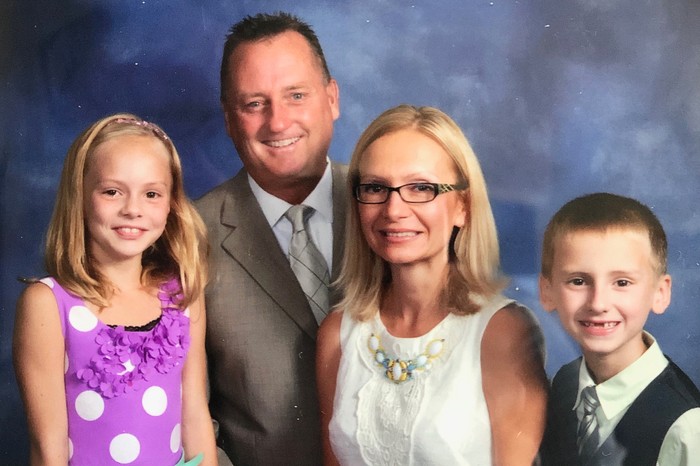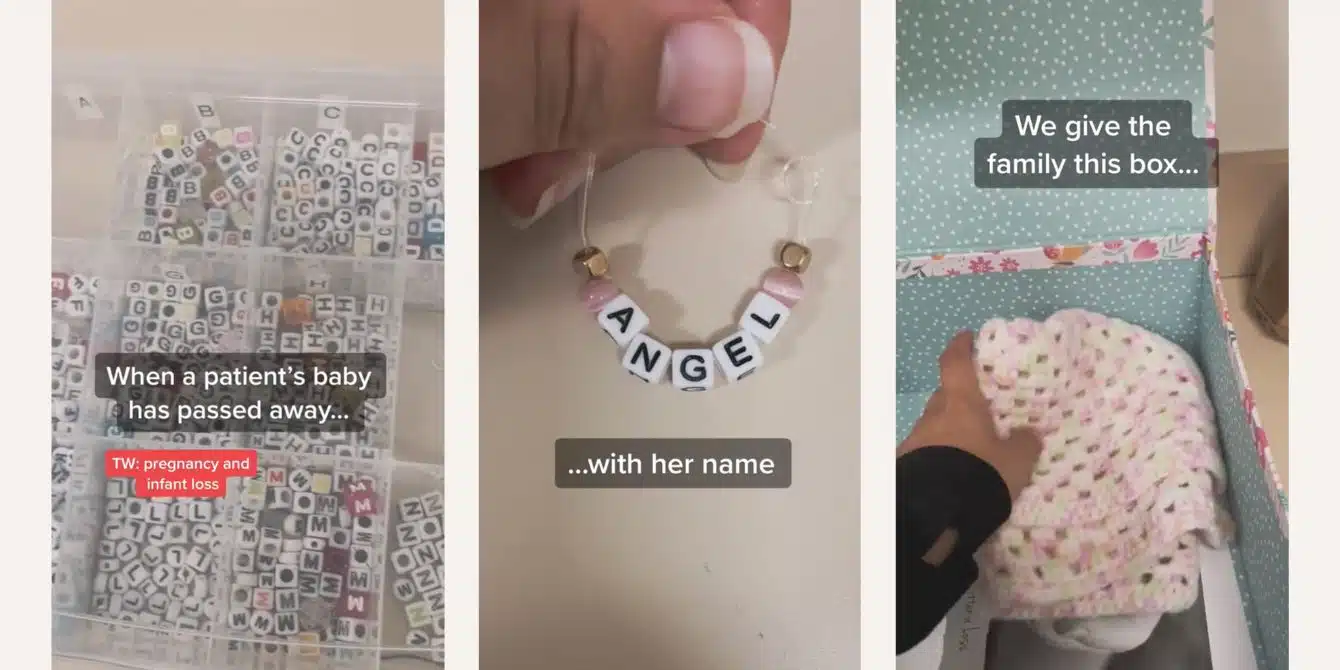Maya Kowalski became a household name in the wake of her mother’s death. The teenager was experiencing a range of strange symptoms, including severe pain all over her body, when her mother took her to Johns Hopkins Children’s Hospital. According to Kowalski, her mom was then falsely accused of child abuse and Munchausen syndrome by proxy (MSP), which is when someone is believed to be faking a medical illness or symptoms for attention and sympathy, before taking her own life. The 17-year-old is now speaking out about her story, which is now being released as a true crime documentary titled Take Care of Maya on Netflix.
Kowalski recounted the events that led her mother to take her own life in a story for People Magazine. According to the interview, she was nine years old when she started suffering from asthma attacks and headaches. Legions were also found on her legs and arms with her feet curling at the end. The family sought medical advice from a range of professionals, but none of them could diagnose Kowalski’s condition. And then one of them suggested that it was all in the teenager’s head.
“Maya would be crying 24/7,” Jack Kowalski, 61, Maya’s dead, told People. “We knew she wasn’t faking.”
Her mother, Beata Kowalski, then learned about a rare neurological condition called complex regional pain syndrome (CRPS), which causes intermittent pain in the extremities, usually a burning sensation that makes them sensitive to touch. The Cleveland Clinic says the condition can make every day physical contact excruciatingly painful.
Dr. Anthony Kirkpatrick, an anesthesiologist and pharmacologist in Tampa, Florida, who specializes in CRPS, finally diagnosed Kowalski with the condition several months later.
“[CRPS] is an abnormal function of the sympathetic nervous system,” Kirkpatrick explained. Over time, “your senses get ramped up so if a drop of water touches your skin, it can feel like somebody’s jabbing you with a knife.”
Kowalski started receiving infusions of ketamine, a common anesthetic, but her symptoms didn’t go away. Her doctor then suggested putting her into what’s known as a “ketamine coma,” which is when the nervous system is flooded with ketamine, thus allowing it to “reset.”
However, the procedure is still considered experimental and has not been approved by the FDA. They couldn’t access it in the U.S., so the family flew to Mexico in November 2015, which ultimately improved Kowalski’s symptoms.
“I felt amazing,” Maya said of her time after the operation.
That ended in October 2016 when the teen had to go to the ER at Johns Hopkins with crippling stomach pain. When she arrived, Beata, who is trained as a registered nurse, asked the doctors to administer a dose of ketamine to relieve her daughter’s symptoms. Her request raised concerns among the hospital staff, who then contacted child protective services. A subsequent investigation led to Beata being accused of child abuse due to MSP.
The court ordered Beata to undergo a psychological evaluation, which showed that she did not have MSP, but the hospital placed Maya in state custody a week after she was admitted. The teen spent the next three months away from her family.
“One day I was in the ICU, and my mom kissed me on the forehead and was like, ‘I love you. I’ll see you tomorrow.’ I never saw her again,” Maya told People. “I was medically kidnapped. I tried being hopeful, but there was a point where I thought, ‘I’m never getting out of this place.’”
The family says Beata’s mental health “was deteriorating” in the days and weeks after her daughter was taken away from her. “She would stay up and research and hardly eat,” said Jack.
Maya’s mom took her own life at the age of 43 while separated from her daughter.
“I’m sorry,” she wrote in an email discovered after her death, “but I no longer can take the pain of being away from Maya and being treated like a criminal. I cannot watch my daughter suffer in pain and keep getting worse.”
“This little girl was already hurting, and now I had to tell her that her mother’s passed,” Jack added. “It was horrible.”
Five days after Beata’s death, Maya was released from state custody and returned to her father. The family later filed a lawsuit against Johns Hopkins with proceedings scheduled for September.
A spokesperson for the hospital declined to comment on the case but shared the following statement:
“Our first responsibility is always to the child brought to us for care, and we are legally obligated to notify the Department of Children and Families (DCF) when we detect signs of possible abuse or neglect. It is the DCF that investigates the situation and makes the ultimate decision about what course of action is in the best interest of the child.”




